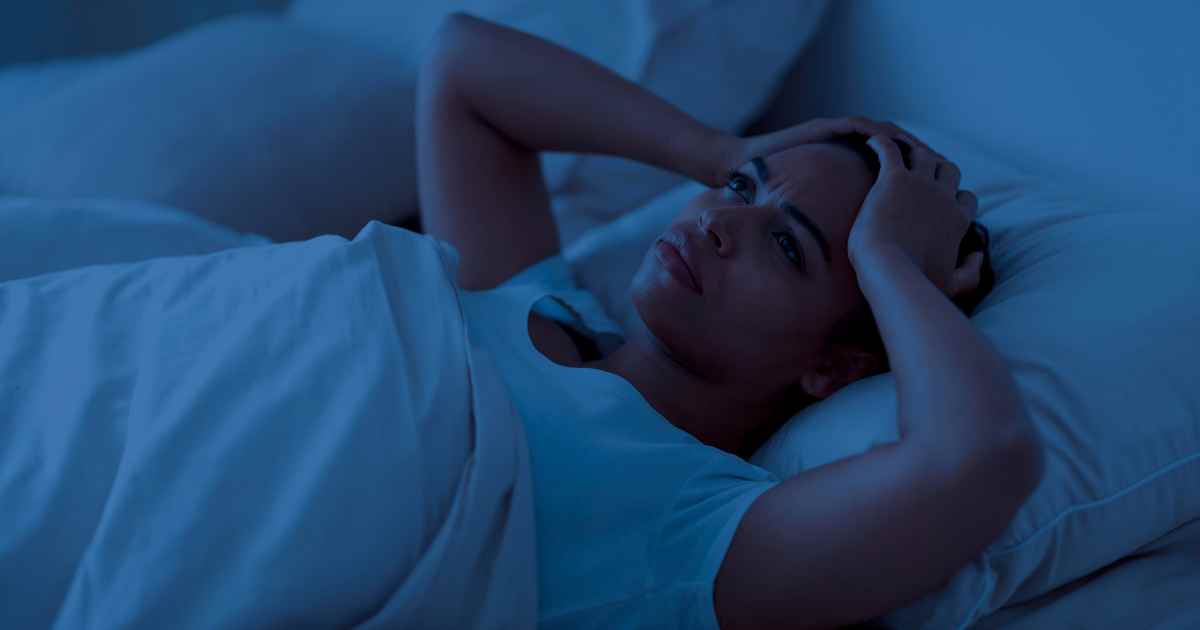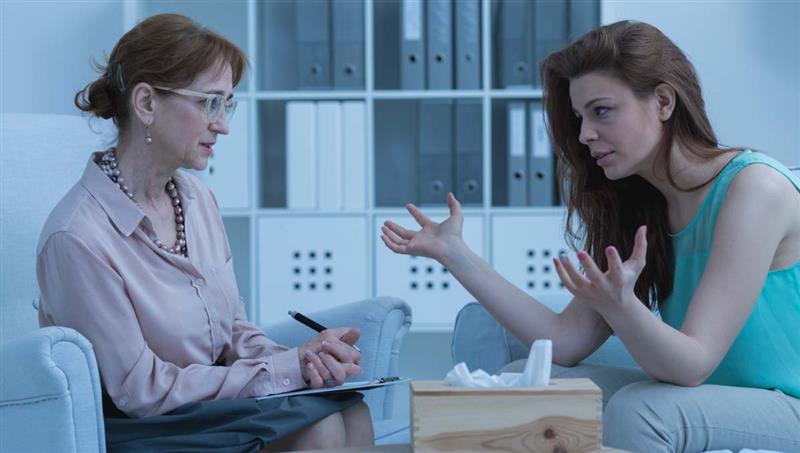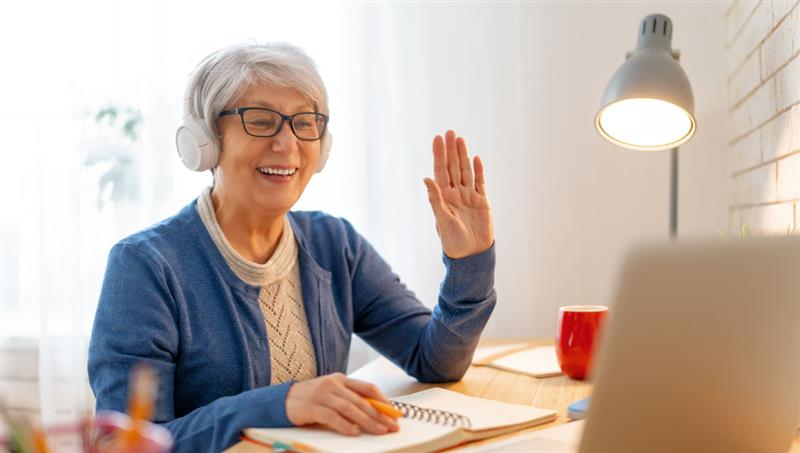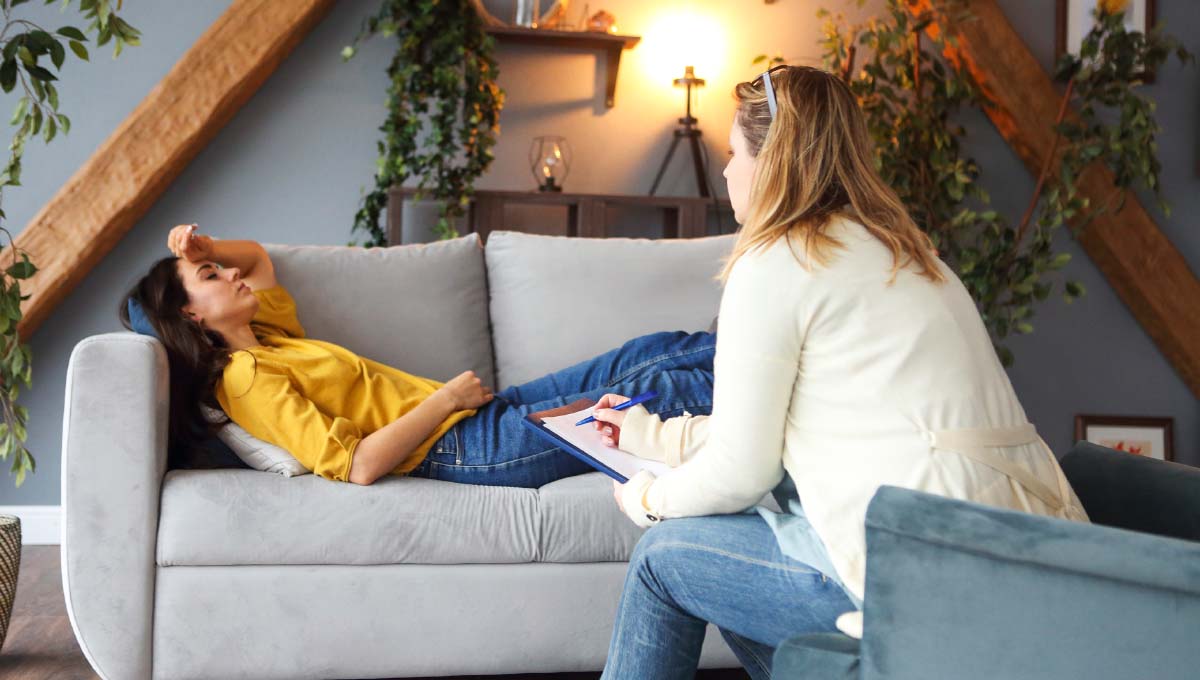Sometimes, you awaken from a deep sleep with panic and sweat glands on your face. A nocturnal panic episode might cause it. It is a type of disorder caused by nightmares and dreams that cause fear, particularly at night. Nocturnal panic disorder is strongly connected with sadness and anxiety. When this problem arises daily, it is reasonable to consider seeking expert assistance.
Therefore, it is important to address nocturnal panic attacks when they become obsessive as well as lead to hallucinations. One should follow the critical indicators that allow tackling the difficulty that prevents you from sleeping at night or annoys you during and beyond. Wait till the end of the blog to get more info on nocturnal panic attacks, more details on the symptoms and the causes, and their effect on the sleeping period.
What Are Nocturnal Panic Attacks?
Nocturnal panic attacks are the disorder that wake you up at night, making you feel like you are in a state of terror. You might feel breathless, your heart racing and drenched in sweat. This kind of attack is more common among those who suffer from panic attacks or who have developed a panic disorder. Nocturnal panic disorder represents a sudden attack of fear that awakens the patient from sleep. You wake up in fear with increased vital signs such as tachycardia, sweating, and shortness of breath.
What Is a Rolling Panic Attack?
A rolling panic attack is when somebody has several panic episodes in very quick succession or that seem to merge into one another, hence giving the perception of a prolonged, continual state of acute fear. In contrast to the classic panic attack, which commonly peaks and then subsides within minutes, rolling panic attacks can make it difficult for a sufferer to know when one attack finishes and another starts.
This can lengthen the acute fear and associated physical symptoms—palpitations of the heart, breathlessness, dizziness, loss of control—with a more sustained experience of being fatiguing and hence demanding of the person. In this sense, it heightens that person’s anxiety in that there seems to be no period of recovery visible between attacks, so the feelings of distress will be prolonged.
Nocturnal Panic Attacks Symptoms
The symptoms and degree of anxiety vary greatly. Anxious people may have nighttime symptoms like:
- Concern or concern about the future.
- Headaches, pain in the stomach.
- Tightness of muscle o fatigue.
- Chest pain and less breath.
- Chills, trembling and worry.
- Recollections of sad incidents.
- Nightmares
What Causes Nocturnal Panic Attacks?
Panic episodes are also prevalent in persons with various medical or mental health issues. Nighttime panic attacks may also be linked to certain sleep disorders.
1-Panic Disorder
Panic disorder is characterized by recurring panic attacks that cause long-term distress or harmful behavior to prevent further episodes. Up to 71% of patients with panic disorder will have just one nocturnal panic disorder, and 18% to 45% will experience repeated overnight attacks.
2-Anxiety and Mood Disorders
The relation between anxiety and sleep is complicated. Panic attacks are characteristic of many anxiety disorders, such as generalized anxiety disorder, social anxiety disorder, and specific phobia. Some studies associate panic attacks with depression and bipolar disorder.
3-Obstructive Sleep Apnea
In patients with obstructive sleep apnea, breathing drops a number of times during sleep, causing them to experience short awakenings; further, evidence has been found to suggest that they are more likely to develop panic disorder.
4-Post-Traumatic Stress Disorder
Long-term health consequences define post-traumatic stress disorder (PTSD) following a stressful incident or setting. People with PTSD may have difficulty sleeping, dreams about the traumatic incident, and panic attacks during the day and night.
5-Medical Conditions
Many health problems, including asthma, severe discomfort, and heart disease are associated to panic attacks. Some medical conditions produce anxiety-like symptoms, including a flushed face or an irregular heartbeat, which could result to a panic attack.
Mini Panic Attacks When Falling Asleep
Mini panic attacks when falling asleep, also known as “hypnic jerks” or sleep beginnings, can seem like abrupt bursts of terror when a person is nearly sleeping. During the brief episode, one may feel falling, heart palpitations, or shortness of breath, which are most often induced by stress, worry, or weariness.
Although they are rarely dangerous, numerous bouts can disrupt sleep and increase anxiety before bedtime. Suppose these minor panic episodes become too frequent. In that case, it may be beneficial to seek professional support from a mental health specialist or to improve sleep hygiene and relaxation techniques before bed.
GERD and Night Time Panic Attacks
GERD, often known as acid reflux disease, might be the source of your nighttime episodes. GERD symptoms can resemble more significant health problems such as chest discomfort and pressure, hard breathing, hyperventilation, shortness of breath, and, in rare cases, night sweats.
All of them can lead you to wake up in a panic and set off a severe panic attack. GERD does not usually induce nighttime symptoms, and many people may sleep normally. However, severe GERD can still cause severe panic episodes, particularly in the evening.
Nocturnal Panic Attack Vs Panic Disorder
Nocturnal Panic Attack | Panic Disorder |
| Occurs suddenly during sleep, waking the individual | Can occur at any time, awake or asleep |
| Typically happens at night during sleep | Can happen at any time, often triggered by stress |
| Intense fear, rapid heartbeat, sweating, shortness of breath, waking suddenly | Similar symptoms as nocturnal panic attacks, plus chest pain, dizziness, and a fear of losing control |
| No obvious external trigger occurs unexpectedly | Can be triggered by stress, certain situations, or phobias |
| Disrupts sleep can lead to insomnia or fear of falling asleep | May lead to sleep disturbances but is not exclusively associated with sleep |
How To Stop Nocturnal Panic Attacks?
Nocturnal panic episodes can cause anxiety and disruption. Here are some measures that might help avoid and manage nighttime panic attacks:
- Maintain a regular sleep routine by going to bed and getting up at the exact same time each day.
- Try relaxation techniques like deep breathing, progressive muscle relaxation, or mindfulness meditation before bedtime.
- Reduce coffee and other stimulants, especially before bedtime.
- Avoid alcohol since it might disrupt sleep and raise anxiety.
- Regular physical activity can lower anxiety and enhance sleep quality, but avoid strenuous exercise before bedtime.
- Make sure your resting environment is pleasant, cool, dark, and silent.
- Create a relaxing bedtime ritual, such as reading a book, having a warm bath, or listening to soothing music.
- Avoid electronics (phones, tablets, laptops) at least an hour before bedtime since blue light can disrupt sleep.
Nocturnal Panic Attacks Every Night
You might think that: Why are panic attacks worse at night? Let’s find the answer together!
Sometimes known as midnight panic attacks, nocturnal panic attacks may leave a person nervous and sleep-deprived. When someone experiences a panic attack at night, he will be awakened from a deep sleep with feelings of extreme anxiety or dread, along with some physical symptoms like palpitations, sweating, or shortness of breath.
A nocturnal panic attack is very different from a daytime panic attack because the experience leaves the person flustered and concerned since there is no immediate cause. The possible causes might include as:
- High levels of stress or unresolved anxiety can trigger the onset of a nocturnal panic attack.
- One such condition that may be related to panic attacks occurring during the night, at times, is sleep apnea.
- Symptoms similar to a panic attack could result from a problem like hyperthyroidism and heart condition.
- Panic disorder, general anxiety disorder, or PTSD raises the risk of having nocturnal panic attacks.
- Sometimes, such attacks occur with alcohol, caffeine, or other stimulants at bedtime.
What Is the Best Medication for Panic Attacks at Night?
To treat nighttime panic episodes, your healthcare professional may prescribe a mix of medicines and treatment. These are the same therapies used for daytime panic episodes.
Nocturnal panic attack treatments include:
- Antidepressants and anti-anxiety medicines can help reduce the frequency and intensity of panic episodes. Panic episodes may subside entirely.
- Although benzodiazepines can swiftly alleviate acute symptoms, they are addictive.
- You may build up a physical tolerance so that they won’t work as well. It might be tough to quit using them. For instance, clonazepam and alprazolam.
- Beta-blockers, such as propranolol, may reduce the physical symptoms of a panic attack.
- Your healthcare provider might prescribe these medications to take as needed when you sense a panic attack.
Important Note:
All the details provided in this article aim for informational and educational purposes. Please don’t consider it medical advice or a substitute for a psychiatric evaluation. For professional guidance and treatment, consult with our licensed healthcare professionals at MAVA Behavioral Health.
Let’s Recap
Some people suffer from nightly anxiety, although if these anxieties become oppressive, they may point to psychological problems. Nightly sustained terror increases or brings about anxiety, depression, and sleep difficulties, including apneas. To prevent the routine and perpetuating the cycle of fear and disturbance during the night, it is important that such signs are identified and that the help required to alter this cycle is sought. Therefore, one should contact MAVA Behavioral Health to make an appointment with the health care professionals and to get the proper treatment available.









